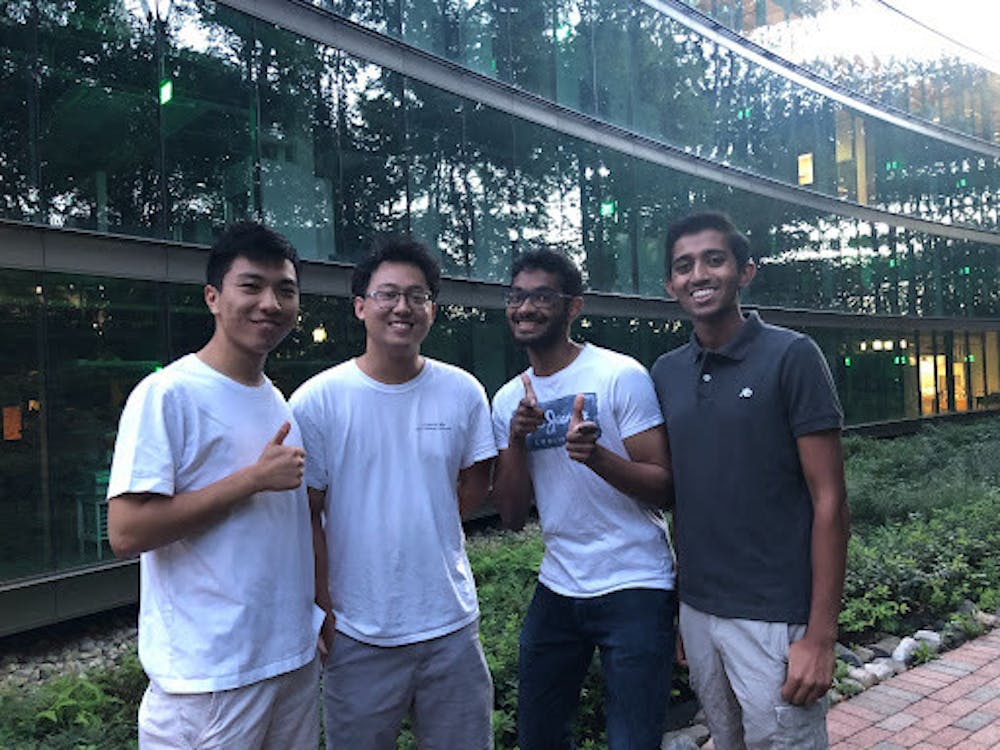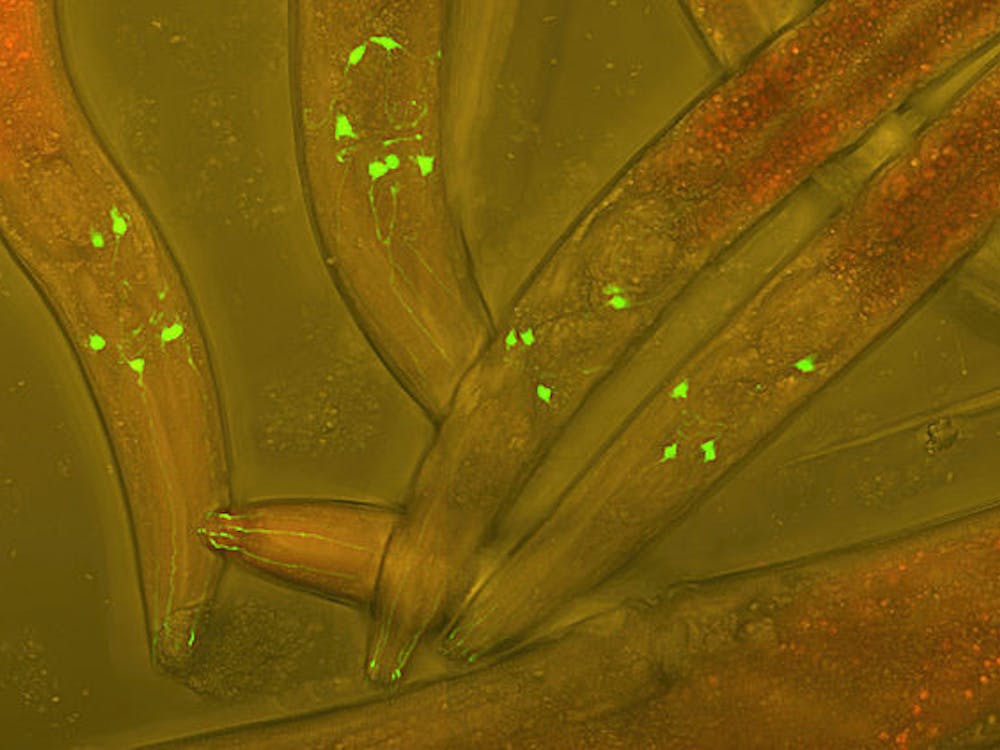Quest2Learn is the only undergraduate-led group to win the Hopkins Digital Education and Learning Technology (DELTA) Award, an acceleration grant program for teams who are creatively implementing technologies that enhance the University’s teaching and learning enterprise.
This app in development applies augmented reality (AR) and game design to instruction for lab-science courses. The team is currently developing lab courses with Hopkins faculty members.
The Quest2Learn initiative was initially founded by Hopkins MD-PhD graduate Shannon Wongvibulsin and is now primarily led by four juniors: Chinat Yu, Siddharth Ananth, Jeffery Zhou and Rahul Swaminathan. Around 15 undergraduate students participate in the design, content creation and AR development of the app.
Although the pandemic forced lab-science courses into virtual modalities, the team recognizes that this cost-efficient, straightforward, online-teaching method could well be integrated even into post-pandemic pedagogy.
This semester, the Quest2Learn team hopes to be able to conduct research that can validate the effectiveness of their app.
“We hope to test our app in Dr. Pearlman's [General Biology Laboratory I] and publish a feasibility study on its qualitative effectiveness as compared to other forms of pre-labs like written assignments and videos,” Swaminathan wrote in an email to The News-Letter. “Next semester, I hope that we can pilot the app in both Dr. Pearlman's [lab course] and Dr. Johnson's [Biochemistry Project lab] to acquire quantitative data to substantiate our claims regarding the app's effectiveness, and eventually publish that study as well.”
However, given they are still testing the app, the team has not yet had the chance to allocate its awarded funding.
Swaminathan co-led the content team last spring, managing a team of six students across different time zones remotely. A Biomedical Engineering major, he was amazed at how the app could transform his own learning experience.
“This project addresses a problem that has affected me personally,” Swaminathan wrote.
Yu, who is the current project manager of Quest2Learn, reflected on the team’s accomplishments in an email to The News-Letter.
“Just the fact that we have managed to sustain [the project] across such a long time already feels remarkable and a great achievement,” Yu wrote.
Developing the app was not only a rewarding challenge to creatively solve difficulties in remote learning, but also a thrilling professional experience for the team.
“Translating protocols into a format that can be easily adopted by the AR team is hard work, especially because several of these labs are about concepts that I have only read about but never physically experienced, but it is always rewarding to see these labs come to life in the AR format,” Swaminathan wrote.
Yu reflected on what he has learned over the one and a half years since the project began.
“It has taught me how to coordinate a group, how to be a more effective leader, how to communicate more effectively with different stakeholders of the project, how to look for opportunities and set goals,” Yu wrote.
In the long term, the team hopes to enhance both online and on-campus lab sciences education by transforming and optimizing the traditional approach of hands-on experiment learning. The team hopes to ultimately target all college and high school students with their platform.





